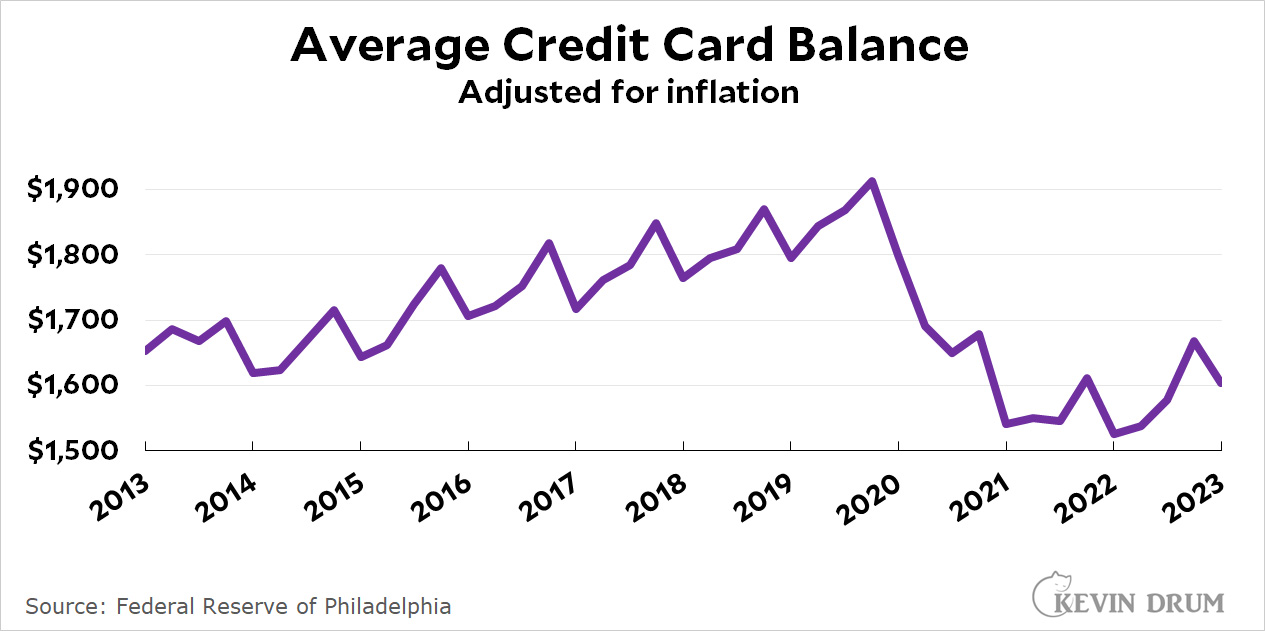We need new drugs to fight the surge of antibiotic-resistant bugs that have been making the rounds in recent years. And we have them! But there's a catch:
Six startups have won Food and Drug Administration approval for new antibiotics since 2017. All have filed for bankruptcy, been acquired or are shutting down.
The problem turns out to be a simple one: there aren't really that many superbugs out there. This means that demand for super-antibiotics is fairly low, which makes them very expensive, which in turn reduces demand even further. A million bucks for a cancer drug is pretty ho-hum these days, but apparently we haven't quite gotten ourselves used to million-dollar penicillin:
About 13,000 people in the U.S. each year develop a severe type of drug-resistant infection that Achaogen’s drug Zemdri was developed to defeat. Up to half of people hospitalized with such infections die. They are among the more than 35,000 people in the U.S. who die annually from drug-resistant bacterial or fungal infections, a toll that has risen in recent years.
The year Zemdri was approved, Achaogen spent almost $200 million on manufacturing, marketing and other costs and generated $800,000 in sales of the drug. Achaogen’s stock price fell more than 96% from approval in June 2018 to the end of the first quarter in 2019.
I don't know how much $800,000 represents in doses, but it's way less than 13,000 people. For some reason, thousands of people die every year from this particular type of infection, but almost none of them were prescribed Zemdri to treat it. This is not a good thing for the future development of super-antibiotics















